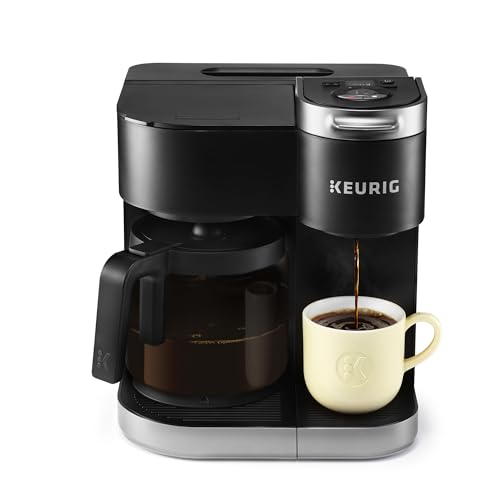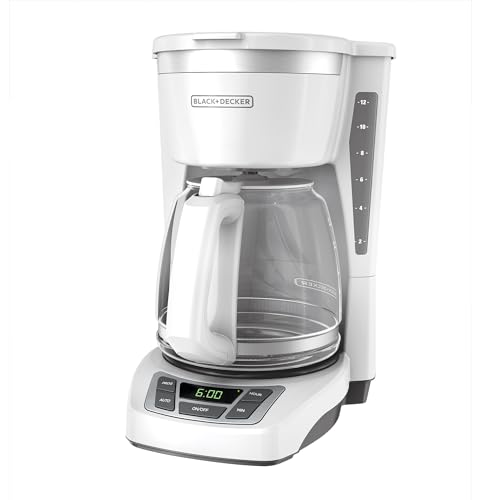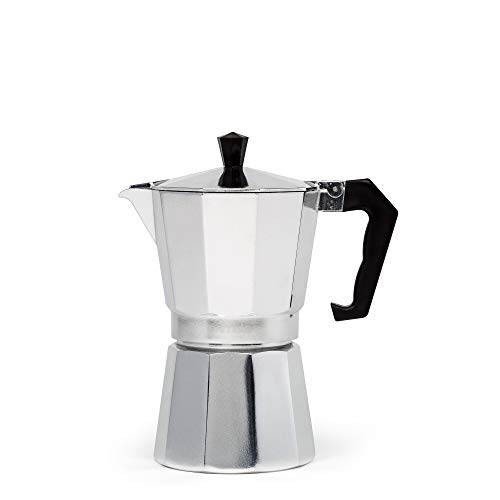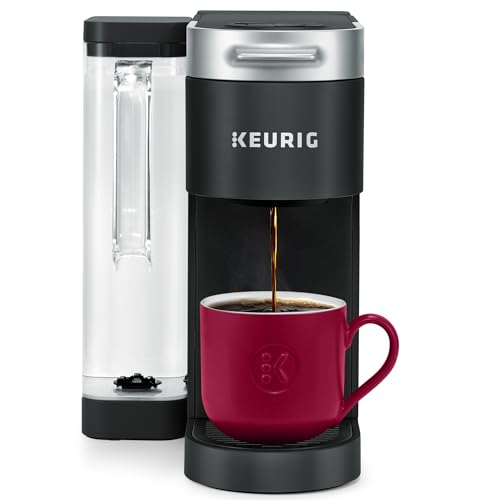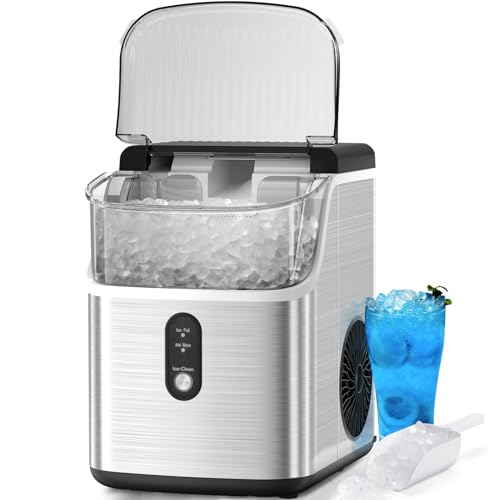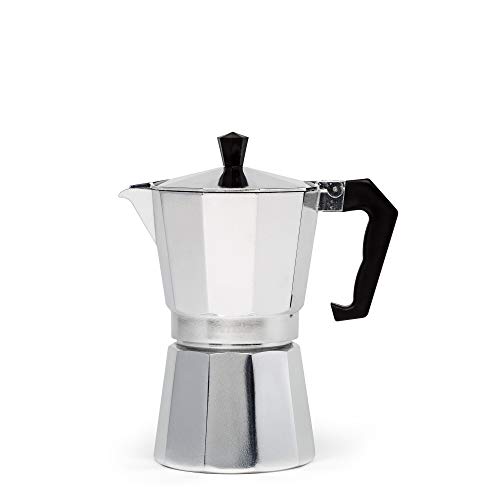As we explore the topic of “How much is a wine cooler?” it becomes important to delve into the multitude of factors that influence the cost.
Wine coolers, commonly referred to as wine refrigerators, are specialized devices meticulously crafted for the purpose of impeccably storing wine. These devices meticulously balance temperature and humidity conditions to ensure the optimal preservation of the wine’s exceptional quality.
The price range for wine coolers can vary significantly, influenced by a myriad of aspects including the size of the unit, the brand that manufactures it, the unique features it offers, and even the type of cooling system employed.
By understanding these nuanced details, one can better appreciate the wide array of options available when it comes to investing in a wine cooler.
How Much Is a Wine Cooler?
The cost of a wine cooler can span a wide range, depending on the factors mentioned above. On the low end, a small, basic wine cooler with a capacity for a dozen bottles of wine might be found for as little as $100. These units typically offer a single cooling zone and limited additional features.
At the mid-range, wine coolers that can accommodate around 50 bottles, equipped with features such as dual cooling zones, UV-protected glass doors, and digital temperature controls, typically cost between $500 and $1,000. These units provide more precise control over storage conditions, making them suitable for more serious wine enthusiasts.
For those seeking the crème de la crème of wine coolers, high-end units can go well into the thousands.
These luxury models are often designed to store over 100 bottles and may include advanced features like separate temperature zones for different types of wine, humidity control, vibration reduction, and even smart home integration. Prices for these premium wine coolers can range from $2,000 to $5,000 or more.
Remember, the cost of a wine cooler reflects more than just the device itself. Also consider the ongoing expense of energy usage and potential maintenance or repairs down the line. It’s also worth noting that the more bottles you plan to store, the larger (and typically more expensive) the wine cooler you’ll need.
Assess your specific needs, budget, and the space where you plan to place the wine cooler before making a decision.
How Does a Wine Cooler Work?
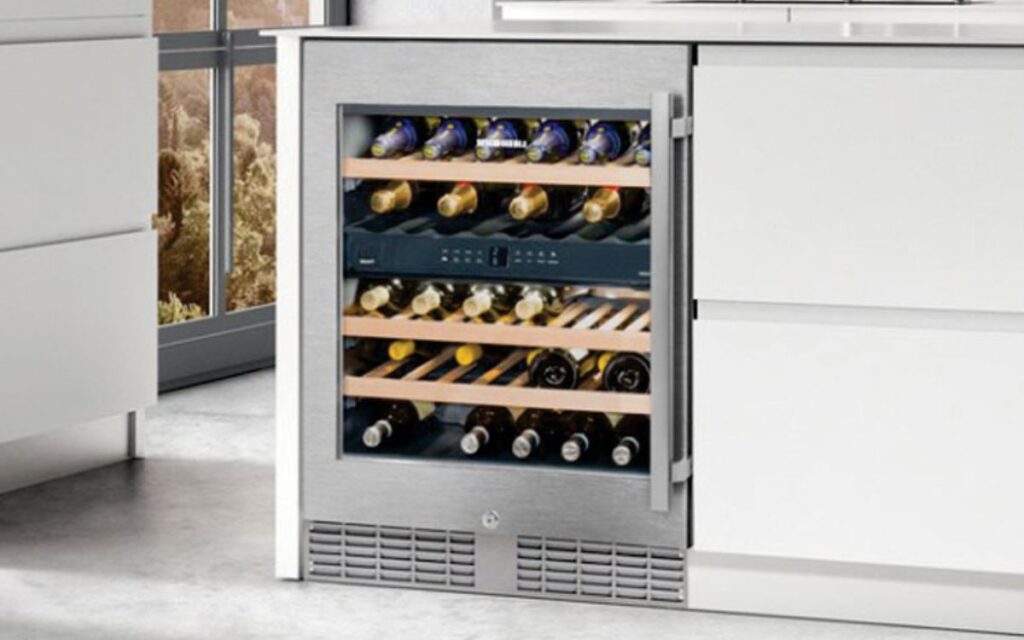
A wine cooler works through a simple yet effective process, custom-designed to create the optimal environment for storing and aging wine. At its most basic, a wine cooler operates much like a standard refrigerator, using a compressor or thermoelectric system to reduce the internal temperature. However, the similarities largely end there.
Wine coolers are distinctively designed to maintain a consistent temperature, typically between 45-65 degrees Fahrenheit, which is the recommended range for most wines.
In contrast to traditional refrigerators, which cycle on and off and can lead to fluctuations in temperature, a wine cooler’s temperature remains steady, ensuring the wine isn’t subjected to potentially damaging heat variations.
Moreover, many wine coolers feature dual or even triple zone cooling. This means they have separate compartments with individual temperature controls, allowing different types of wine – such as red, white, or sparkling – to be stored at their ideal temperatures within the same unit.
Humidity control is another critical factor in a wine cooler’s operation. Proper humidity levels prevent the cork in wine bottles from drying out and cracking, which could allow air into the bottle and spoil the wine. Most wine coolers maintain a humidity level of about 70 percent, considered optimal for wine storage.
Some high-end wine coolers also incorporate vibration reduction technology. Excessive vibration can disturb the sediment in wine, affecting its aging process and overall quality. By minimizing vibration, these coolers help ensure the wine ages naturally and smoothly.
Finally, many wine coolers are fitted with UV-protected glass doors. Light, especially UV light, can degrade wine over time. The UV-protected doors help safeguard the wine from this damage, while still allowing a clear view of the bottles inside.
In summary, a wine cooler works by creating and maintaining the perfect conditions needed for storing and aging wine, offering features and technologies that a standard refrigerator simply cannot provide.
FAQs about Wine Coolers
In this section, we aim to answer some of the most common questions related to wine coolers that often arise among potential buyers. Let’s explore these queries in more detail to help you understand better and make a more informed decision.
Is a wine cooler necessary for storing wine?
While not absolutely necessary, a wine cooler offers an optimal environment for storing wine, especially if you’re planning to age them. It provides a stable temperature, appropriate humidity, and shields your wine from harmful UV light, factors that your regular refrigerator or cupboard might not offer.
Can I store other beverages in a wine cooler?
Yes, you can certainly store other beverages in a wine cooler. However, keep in mind that the temperature range of a wine cooler is designed specifically for wine. If other beverages require different storage temperatures, they may not be kept at their ideal conditions.
How long can wine be stored in a wine cooler?
The length of time wine can be stored in a wine cooler depends on the type of wine and its quality. High-quality red wines can be stored and aged for several years in a wine cooler, while most white wines should be consumed within 2-3 years of purchase.
However, remember that most everyday wines are not designed for long-term storage, regardless of the storage conditions. Always check with a wine professional or the winery for specific advice based on the wine in question.
Final Thoughts
Investing in a wine cooler can dramatically enhance your wine storage, preservation, and ultimately, consumption experience. Besides maintaining the optimal temperature, it also controls the humidity, minimizes vibration, and protects your wine from damaging UV light.
Whether you’re a casual wine enthusiast or a serious collector, a wine cooler can be a valuable addition to your home. Remember, the cost of a wine cooler varies greatly based on its features, capacity, and the technology it uses.
Choose a model that best fits your needs, available space, and budget. As you contemplate how much a wine cooler might be, consider not only the immediate price but also the ongoing costs of energy and potential maintenance.
And finally, always keep in mind: the value found in savoring a perfectly stored and aged bottle of wine can make the investment well worth it.
